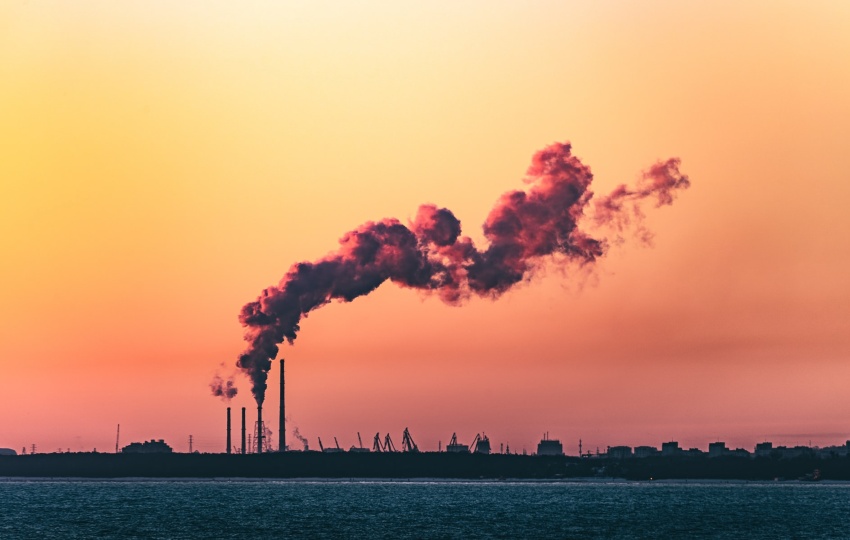Education and public awareness play an essential role in building the capacity of communities to adapt to climate changes, empowering people to make informed decisions. Climate education helps students understand the causes and consequences of global warming, prepares them for life in the face of climate change, and enables women and men to live more sustainable lifestyles. Students can investigate this topic when they write articles or when they are involved in the research process.
As part of its work on Education for Sustainable Development, UNESCO supports countries in integrating climate change issues into education systems. UNESCO also encourages schools to implement climate change education through a whole-school approach. But, what about those who do not have climate education in schools or have graduated a long time ago? The following tips are pretty simple, and everyone can do it!
Use public transport
Transport has a significant impact on the level of greenhouse gas emissions and therefore on global warming. If you are a writer, you can work from home, but what if you need to go to the office every day? Of course, you can use your private car. But it is much better for the environment if you walk, cycle, or use public transportation. Cycling is popular in the Netherlands because it is a convenient and cheap way to get to work. If you do not have such an opportunity, choose electric cars, and go on long trips by train, not by plane.
Save Energy
You can dry your washed laundry on a line, not in an electric dryer. Install thermal insulation in the attic and under the roof to reduce heat loss during winter. Unplug electrical appliances that you are not using. Install energy-efficient systems such as a solar water heater. These measures may seem trivial, but they can save a lot of energy.
Reduce your meat intake
Meat production entails significantly more greenhouse gas emissions than chicken production, growing vegetables, fruits, and cereals. At the Paris Summit, 119 countries committed themselves to reduce greenhouse gas emissions in the agricultural sector to stop global warming acceleration. And that is great! But you can personally do a lot. Reduce your meat intake in favour of fruits and vegetables. If this is difficult to achieve, try defrosting the meat. It also includes reducing the consumption of dairy products. The production of which is accompanied by significant carbon dioxide emissions. Try to get local and seasonal foods and cut down on the amount of food you waste.
Dispose of waste, use recyclable materials, even water
All we know about the importance of collecting household waste. But the transportation and processing are accompanied by the release of large amounts of CO2 into the atmosphere. Recycling waste leads to a reduction in energy consumption. But it would be better to reuse products or reduce consumption. The same goes for water consumption.
Inform and educate
We should share the knowledge of global warming and what it brings with it as widely as possible. Create community groups for systematic local management practices. Create interest groups to share your garden equipment.
“An investment in knowledge pays the best interest” Benjamin Franklin.
According to UNESCO, education, especially if concentrated on kids and teenagers, is a fundamental factor in fighting climate change. That is why it is essential to give children climate education. A recent report of Stanford University investigates the influence of climate change education on primary school students. It shows that 83% of students changed their attitude to the environment.
Nowadays, Italy is the only European country that has compulsory climate change education in schools. But there are a lot of climate change-related activities that schools can do regularly. Students can visit farms, look after animals and help to clean up the city. Schools and universities can set up machines for collecting plastic bottles and reward students for such activities. It is also possible to have regular recycling days at schools.
Weather change is the main challenge of our society. The only way we can overcome this is to work as a team. Everyone is an essential part of a mechanism. Education, science, and technology are crucial to prevent the changes we face and create solutions to deal with climate change.

Author Bio
Beryl Carington is a professional content writer. She had been working as a copywriter for more than 3 years. And now she is writing complete essay guides and tips. Beryl is interested in films and enjoys travelling.

